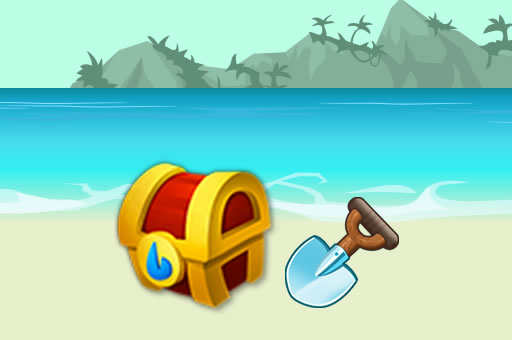
Hundreds or thousands of these letters can be sent, and the copyright troll only needs the scare tactic to work a handful of times to make their efforts worth it. These settlement letters typically ask for a few thousand dollars if the receiver pays immediately, or else face a court battle that could cost them tens of thousands. The copyright trolls send a list of IP addresses and settlement letters to the ISPs, who in turn forward those settlement letters to their customers. The IP addresses can be traced back to internet service providers.

Everyone who is uploading or downloading that file can be targeted by a copyright troll. The BitTorrent protocol is built in such a way that when a device connects to a torrent, it can see the IP addresses of all the other devices connected to that torrent. Instead, the legal front was taken on by entities known as copyright trolls.Ī copyright troll gets permission on behalf of the copyright holder to take legal action against people who illegally download media. This was a common scare tactic that proved ineffective to stem the growth of BitTorrent a decade ago. Rarely does a Hollywood movie studio directly sue individuals for downloading their latest release without permission anymore. If you’re torrenting illegally, whether you realise it or not, there is a chance you could get chased for copyright infringement. Here are some dangers of torrenting to bear in mind: The peer-to-peer BitTorrent network relies on users who have downloaded a file to subsequently upload it, which exposes them several vulnerabilities. Torrenters can run into trouble in three main ways: legal settlements, ISP penalties, loss of privacy, and infection by virus or malware. The days of high-profile lawsuits in which Hollywood studios sued college students for tens of thousands of dollars might be over, but make no mistake: copyright holders are still waging a war on piracy behind the scenes. So be warned: without taking necessary precautions, careless torrenters could be in for a rude awakening. Torrenting is popular and decentralized, so it’s tempting to believe there are no consequences.

While the underlying BitTorrent protocol and network is not in itself illegal, the bulk of content shared via torrents are made up of files that potentially violate copyright holders’ rights. While it can seem safe under the camouflage of the enormous World Wide Web, torrenting files can be a risky endeavour and could end up getting you into trouble that you might not even realise.


Torrenting is the act of downloading many small bits of files at the same time from different sources – it’s essentially crowd sourcing for media content.


 0 kommentar(er)
0 kommentar(er)
